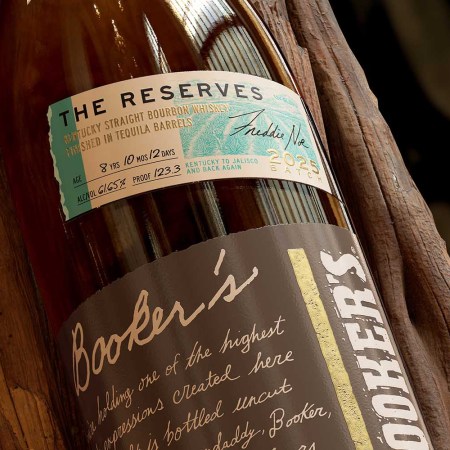Marathon Sunday makes the shortlist for many New Yorkers’ favorite day of the year.
It’s a perfect afternoon, usually one of the last crisp and sunny days of the year, thousands of people out exercising and raising money for good causes, thousands more cheering them on, good food and open bars once it’s all over. I was at a pub in 2019 that rang a bell each time a finisher hobbled in, decked in their medals and reflective tarps. They’d throw their arms up in triumph, then take their customary Instagrams, months of work leading to this moment.
Surrounded by friends and family on an immaculate day, congratulations pouring in over text, the painful part firmly over, it must feel so odd to take a seat and suddenly feel so hollow.
But the “post-marathon blues” phenomenon is very real. It’s long impacted runners of all levels, who will finish 26.2 miles only to find themselves feeling empty, aimless and unmoored. The sensation arrives after much shorter distances, too. Outside magazine recently pointed to an interview by Norwegian long-distance superstar Jakob Ingebrigtsen, the reigning Olympic gold medalist in the 5,000-meters, who offered a surprisingly bleak assessment of how his mentality has changed since winning it all in Tokyo.
“It’s really strange because I trained for that specific race for basically my whole life,” Ingebrigtsen said. “The peak is really high, but also right after the peak there’s a big low. Because I’ve done it. So what’s the meaning of going back and doing all the shit work that’s needed to get back into the same shape?”
That’s about as heavy as a postgame presser gets, and you’d expect, if it were coming from any athlete at all, that they’d be a jaded veteran, easing into the twilight of their career. But Ingebrigtsen is only 21 years old. He’s already stumbled upon one of life’s cruelest lessons, which not only intersects with runners, but professionals in any field. It’s the “arrival fallacy,” defined as the deluded assumption that “once we make it, once we attain our goal or reach our destination, we will reach lasting happiness.”
The most important word in that definition is “lasting.” There’s no denying that accomplishments — completing a marathon, securing a promotion, breaking into Hollywood — make people happy. But too often, we pour blood, sweat and tears towards our goals on the shaky presupposition that reaching them will grant us a permanent reprieve from a future of stress, insecurity or sadness.
That just isn’t how life works, though, and blind faith in all-consuming happiness can actually sabotage what little joy our achievements are able to give us. As it turns out, human beings actually aren’t that adept at predicting how much happiness (in length, or intensity) we’ll derive from reaching the mountaintop — our faulty “affective forecasting” tends to err on the side of more happiness, while a tendency called “focalism” sees us anticipating only the most fantastic upsides once we reach the end of the road.
But the road never ends there; it just takes a turn to a part of town you’re unfamiliar with, which in all likelihood will bring a fresh set of setbacks and challenges. Of course, when you start to think too much about this sort of thing — and it sounds like Ingebrigtsen has — you can find yourself wondering whether it’s worth having any goals at all. What’s the point of running a marathon if you feel hopeless after just a few sips into your celebratory beer?
Still, we need goals. Purpose is essential to a long, healthy life. Longevity research has proven so countless times. (There’s a reason that mortality rates rise the earlier people retire.) The key is to proactively understand and accept that meeting our goals will not solve all our problems, pay all our bills, or turn us, overnight, into the most interesting dinner party guest around.
That means setting goals and actually allowing yourself to cherish the process that’ll help you reach them, instead of wishing away the days. There’s a reason some morsels of advice become so trite — we really do need to hear them more than others. So enjoy the ride. And enjoy the many runs before you can tell the world that you’ve finished the big one.
The Charge will help you move better, think clearer and stay in the game longer. Subscribe to our wellness newsletter today.



















